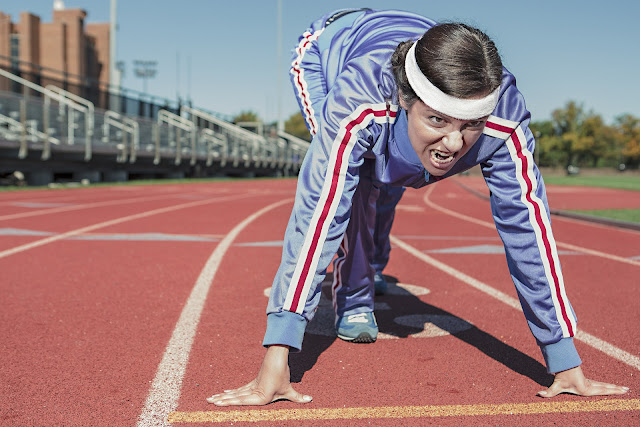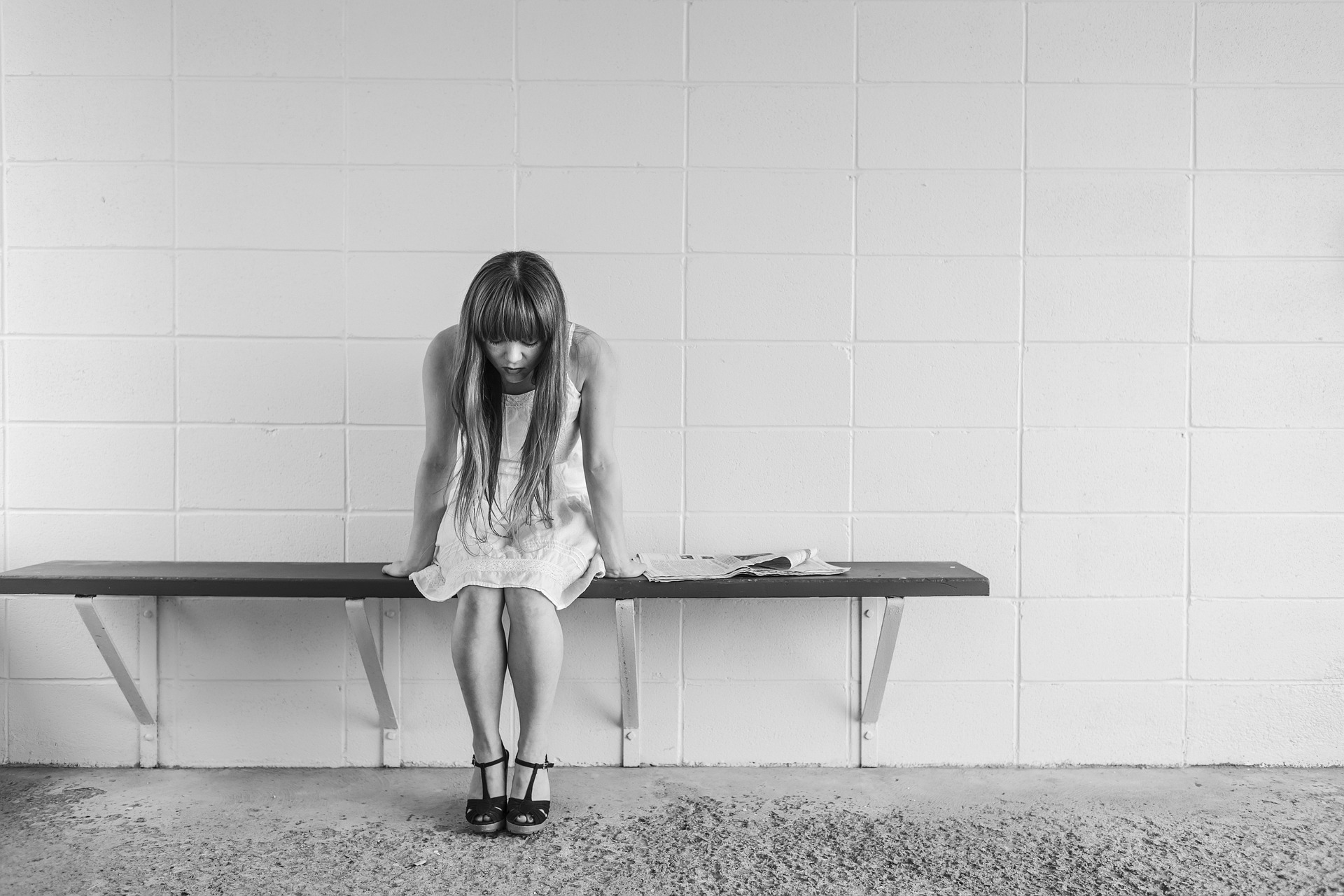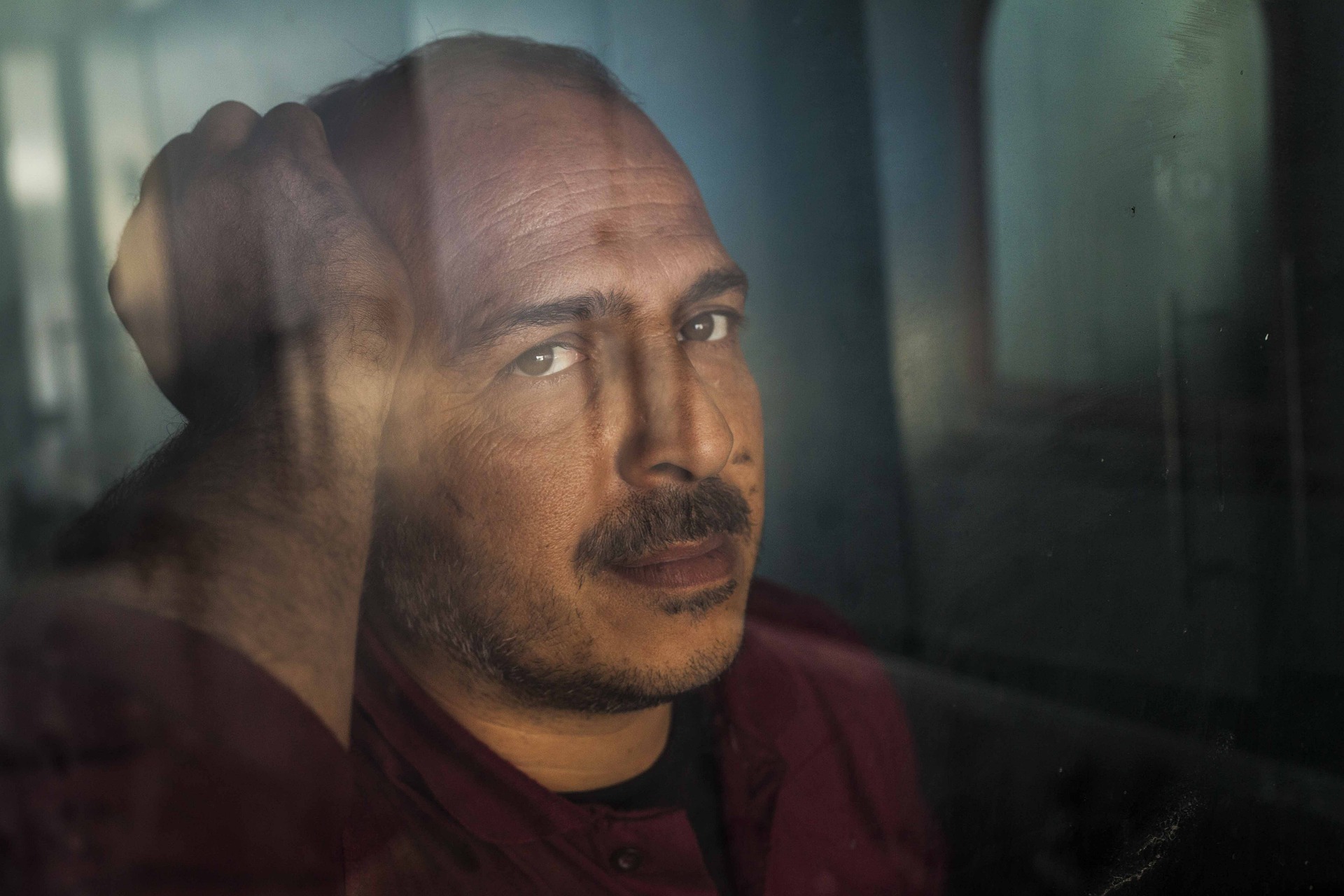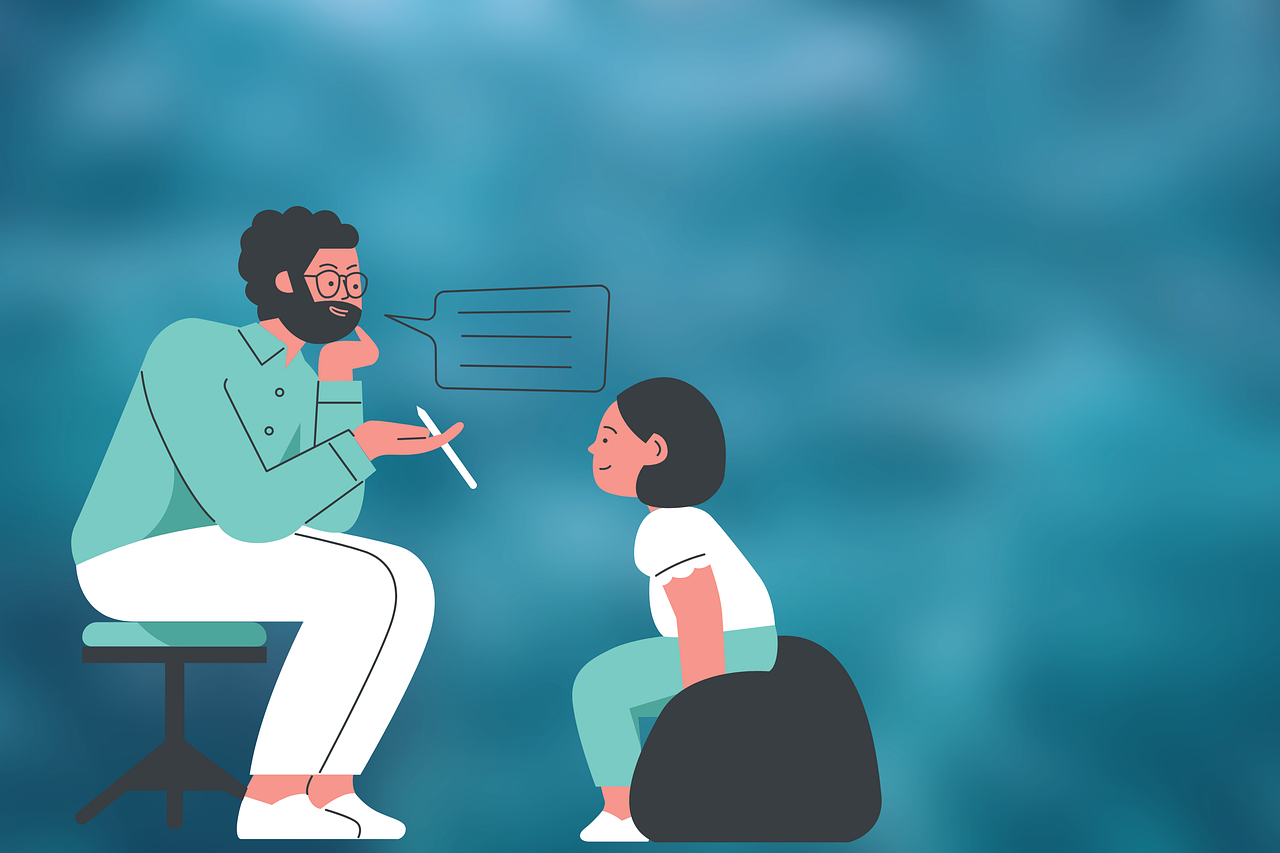WHO has defined Physical activity to mean all bodily movement. movement includes walking, cycling, wheeling, sports, active recreation and play, and can be achieved at any level of skill and for enjoyment by everyone.
Studies have shown that people who participate in physical activity are more physically active. This physical activity that has become an integral part of modern life is recreational.
The recreational movement is a movement that is broad and international in nature.
Physical activity can help curb diabetes and significantly reduce the risk of heart disease. What's more, physical activity can also significantly reduce the risk of osteoporosis, diabetes, and cardiovascular disease.
Physical Activity can be a good way to promote your self-esteem. Keep in mind that you cannot control what other people do but you can control what you do.
You can work on improving your self-esteem and it will help you in the long run.
Now you know that Physical activity is good for your body. But did you know it can also help in boosting your mood, improving your sleep, and helps you solve depression, anxiety, stress, and more?Physical activity and health benefits
Physical activity is not just about Aerobic capacity and Muscle size. No doubt, Physical activity can improve your physical health and your physiques, improve your sex life, and even add to your life span.
But that’s not what encourages most people to stay physically active.
Those who Physical activity regularly tend to do so due to an enormous sense of well-being. They feel more energetic for the rest of the day, sleep better at night, have sharper and clearer memories, they also feel more relaxed and positive about their lives and themselves.
However, it’s also a powerful medicine for many common mental health challenges.
Regular Physical activity can have an excellent positive impact on depression, anxiety, and ADHD. It relieves stress, improves memory, helps to sleep better, and improves your overall mood.
Besides, you don’t have to be a fitness fanatic to earn the benefits. Research has it that modest amounts of Physical activity can make a real difference.
Irrespective of your age or fitness level, you can learn to use Physical activity as a powerful tool to combat mental health problems, boost your energy and outlook, and get you more out of life.
RELATED: Physical fitness: A complete guide (2022)
What are the effects of Physical activity on mental health?
In this article, I'll only focus on it's effects on:
- Depression
Studies have shown that Physical activity can treat mild to moderate depression effectively as antidepressant medication but without looking at the side-effects.
As an example, recently, a study done by the Harvard T.H. Chan School of Public Health found that running for 15 minutes daily or walking for an hour reduces the risk of major depression by 26%.
In addition to relieving depression symptoms, research also shows that maintaining a Physical activity plan can prevent you from relapsing.
Physical activity is a powerful depression fighter for various reasons.
Most importantly, it improves all kinds of changes in the brain, including neural growth, reduced inflammation, and new activity patterns that improves feelings of calm and well-being.
It also releases endorphins, powerful chemicals in your brain that give energy to your spirits and make you feel good.
Finally, It can also serve as a distraction, buying you some quiet time to break out of the cycle of negative thoughts that feed depression.
- Anxiety
Physical activity is a natural and effective anti-anxiety treatment. It relieves stress and tension, boosts mental and physical energy, and promotes well-being through the release of endorphins.
Anything that gets you moving can help, but you’ll get a greater benefit if you pay attention instead of zoning out.
Note or notice the sensation of your feet hitting the ground, for example, or the rhythm of your breathing, or the feeling of the wind on your skin.
By mindfully adding this element (really focusing on your body and how it feels) as your Physical activity, you’ll not only boost your physical condition faster, but also be able to interrupt the flow of constant worries running through your head.
- Stress
Have you ever noticed how your body feels when you’re under stress? Your muscles may look tense, especially in your face, neck, and shoulders, leaving you with neck or back pain, or painful headaches.
You may feel your chest is tight, a pounding pulse, or muscle cramps.
You may also experience symptoms such as insomnia, heartburn, stomachache, diarrhoea, or frequent urination.
The worry and discomfort of all these physical symptoms can in turn lead to even more stress, creating a vicious cycle between your mind and body.
Performing physical activity is an effective way to break this cycle. Also releasing endorphins in the brain, physical activity helps in relaxing the muscles and relieves tension in the body.
Since the body and mind are linked so closely, when your body feels better, so will your mind.
- ADHD
Attention-deficit/hyperactivity disorder (ADHD): This is one of the most common mental disorders that affects both children and many adults.
Symptoms include: inattention (inability to keep focus); hyperactivity (excess movement that is unfit for the setting) and impulsivity (hasty act which occurs at the moment without thought).
Doing physical activity regularly is one of the easiest and most effective ways to reduce the symptoms of ADHD and improve concentration, motivation, memory, and mood.
Physical activity instantly boosts the brain’s dopamine, norepinephrine, and serotonin levels—all of which affect focus and attention. In this way, Physical activity works in much the same way as ADHD medications such as Ritalin and Adderall.
- PTSD And Trauma
Post-traumatic stress disorder (PTSD) is another mental health condition that's evolved by a terrifying event (either experiencing it or witnessing it).
Symptoms may include: flashbacks; nightmares; severe anxiety; and uncontrollable thoughts about the event.
Evidence recommends that by really focusing on your body and how it feels as your Physical activity, you can really help your nervous system free from being “stuck” and start to move from the immobilisation stress response that characterises PTSD or trauma.
Instead of wandering your mind, pay attention to the physical sensations in your joints and muscles, including your insides as you move your body.
Physical activities which involve cross movement and that involve both arms and legs (such as walking (especially in sand), running, swimming, weight training, or dancing) are some of the best choices.
Outdoor recreation like hiking, sailing, mountain biking, rock climbing, whitewater rafting, and skiing (downhill and cross-country) have also been confirmed to reduce the symptoms of PTSD.
Other effects of physical activity on mental health include:
Even when you aren't suffering from a mental health problem, regular physical activity can still offer a welcome boost to your mood, outlook, and mental well-being.
Physical activity can help provide:
- Sharper memory and thinking
The same endorphins that make you feel better also helps to concentrate and feel mentally sharp for tasks at hand.
Physical activity also stimulates the growth of new brain cells and assists in preventing age-related decline.
- Higher self-esteem
Regularly doing physical activity is an investment in your mind, body, and soul. When it becomes your habit, it can improve your sense of self-worth and make you feel strong and energetic.
Your appearance will make you feel better, and by doing even small Physical activity goals, you will feel a sense of achievement.
- Better sleep
Even a short burst of Physical activity in the morning or afternoon can help to regulate your sleep patterns.
If you prefer doing Physical activity at night, relaxing Physical activities such as yoga or gentle stretching can help promote sleep.
- More energy
You can get more get-up-and-go by increasing your heart rate several times a week.
Start by doing a few minutes of Physical activity daily and increase your workout as you feel more energised.
- Stronger Resilience
When you are faced with mental or emotional challenges in life, Physical activity can help you create resilience and cope in a healthy way, instead of going into alcohol, drugs, or other negative manners that will ultimately worsen your symptoms more.
Performing Physical activity regularly can also help boost your immune system and reduce the impact of stress.
I believe by now, you shouldn't worry about the effects of physical activity on mental health anymore. If by any chance you've learnt from my post, or you have questions, kindly drop your comment in the comment section and don't forget to share with your friends.
Thank you.







